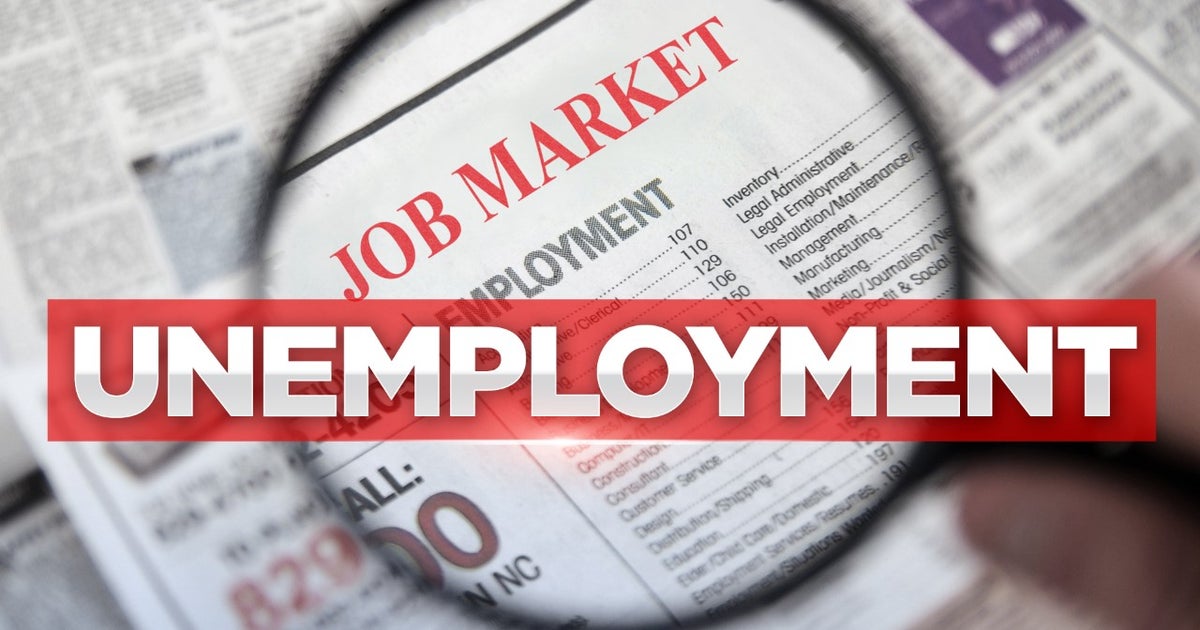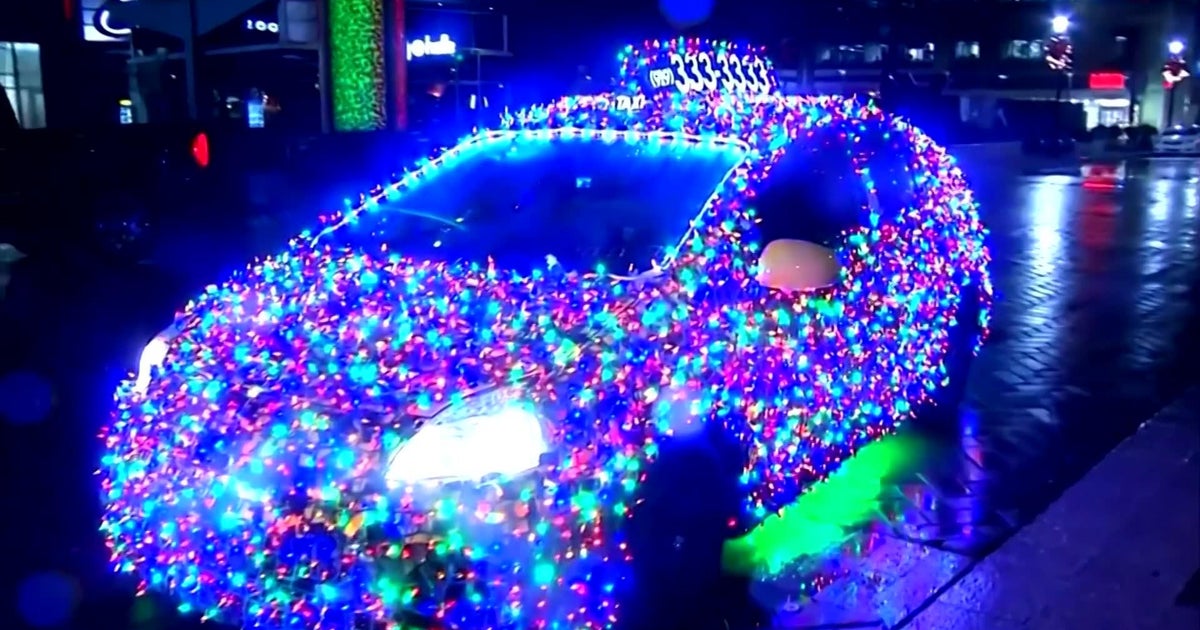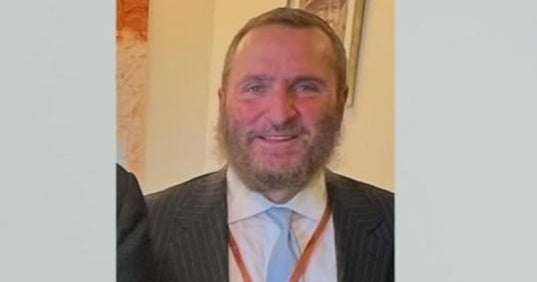Florida Supreme Court Weighs Miami-Dade Judge's Facebook Friendship
Follow CBSMIAMI.COM: Facebook | Twitter
TALLAHASSEE (CBSMiami/NEWS SERVICE OF FLORIDA) - The Florida Supreme Court is poised next week to take up a case that poses a question for the age of social media: What does it mean to be a Facebook friend?
Justices will hear arguments about whether a Miami-Dade County circuit judge should be disqualified from a case because she is a Facebook friend with a lawyer for one of the parties. The outcome could have reverberations in courthouses across the state, as justices weigh whether a Facebook friendship poses the potential for bias.
The underlying case stems from a dispute between the Herssein Law Group and a former client, United States Automobile Association, about attorney fees and alleged fraud and breach of contract. The law firm sought the disqualification of Circuit Judge Beatrice Butchko because she was a Facebook friend with attorney Israel Reyes, who was hired to represent a company official in the case.
Butchko refused to step aside, leading the Herssein Law Group to take the issue to the 3rd District Court of Appeal. That court rejected the request to disqualify the circuit judge, concluding that "a `friend' on a social networking website is not necessarily a friend in the traditional sense of the word."
"To be sure, some of a member's Facebook `friends' are undoubtedly friends in the classic sense of person for whom the member feels particular affection and loyalty," the appeals court decision said. "The point is, however, many are not. A random name drawn from a list of Facebook `friends' probably belongs to casual friend; an acquaintance; an old classmate; a person with whom the member shares a common hobby; a `friend of a friend;' or even a local celebrity like a coach. An assumption that all Facebook `friends' rise to the level of a close relationship that warrants disqualification simply does not reflect the current nature of this type of electronic social networking."
But the Herssein Law Group, in a brief filed with the Supreme Court, said a judge who is a Facebook friend with a lawyer appearing before the judge violates part of a judicial code of conduct, "by presenting the appearance of impropriety, particularly where opposing counsel is not similarly sharing the same 'special position' or status of being a Facebook 'friend' of the trial judge."
"Facebook friends have the ability to electronically share virtually anything from the intensely personal to the comically benign," said the law firm's brief, filed in January. "Facebook allows 'friends' to communicate, view, access, and comment on specific personal information that 'non-Facebook-friends' cannot view or see. Because petitioners' (the Herssein Law Firm) and their lawyers do not enjoy the same 'special position,' Reyes has, of being a Facebook 'friend' of the trial judge, they are not able to freely access, view, comment, and share the same materials as Reyes. Thus, they do not enjoy a commensurate level of intimacy with the trial judge as Reyes does. It is this inclusion of Reyes and exclusion of petitioners in Judge Butchko's inner circle and nonpublic forum that gives rise to the appearance of impropriety."
But in response, lawyers for United States Automobile Association filed a brief that echoed the appeals court's view of what a Facebook friendship means --- or doesn't mean.
"The Third District properly held that Facebook friendship, without more, does not convey the impression that the Facebook friend is in a special position to influence the judge," the brief said. "As the Third District explained, "a Facebook friendship does not necessarily signify the existence of a close relationship," … and it is therefore unreasonable for a litigant to believe he cannot obtain a fair trial before a judge who is Facebook 'friends' with counsel. The court's observation that 'a 'friend' on a social networking website is not necessarily a friend in the traditional sense of the word' hits the nail on the head and demonstrates why petitioners' purported fear of not receiving a fair trial is unreasonable."
The Supreme Court decided in December to take up the case and is scheduled to hear arguments June 7.
"The News Service of Florida'sJim Saunders contributed to this report."



